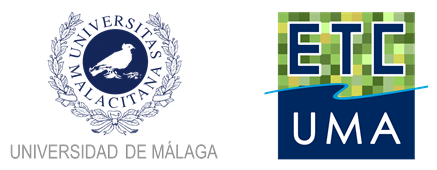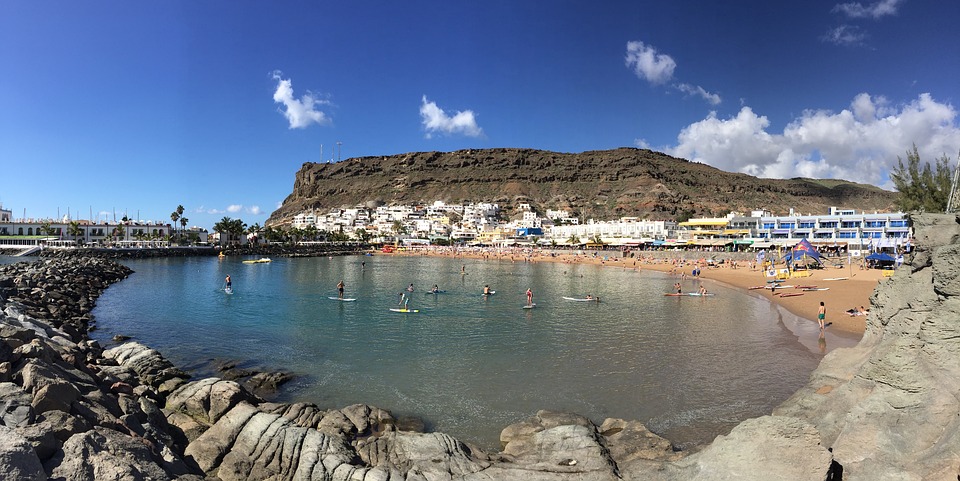Given their biogeographical isolation and high resource dependence, social and ecological island communities are more vulnerable to natural and human impacts than continental communities. This was the main message of ETC-UMA Director, Dania Abdul Malak, during her presentation at the workshop on Maritime Spatial Planning (MSP) in Islands organized by the EU MSP Platform on 11 September 2018 in Las Palmas de Gran Canaria.
Managing human activities on and around islands are a must if we aim to maintain healthy and productive ecosystems and the people dependant on them. However, conservation planning and resource management need to be based on reliable and comprehensive information to be effective. This means considering the role of all components in an ecosystem including species, habitats, and humans and the interconnections between each other, now and in the future. With a unique biodiversity and high species endemism, Mediterranean islands and their communities are among the most vulnerable to the impacts of human activities. Island communities in the Mediterranean are more resource dependent than mainland’s due to their limitations in size; their natural resources inland are spatially constrained and the use of coastal and marine resources is usually more significant due to fishing and touristic activities. Knowing the high risks encountered by islands, mapping priority ecosystems and species to conserve need to be aligned to accounting for the impact of challenges imposed by climate changes, human flows associated to seasonal tourism and migration and the development of additional economic activities related to blue growth. Matching natural resources and their pressures offers vital information as the key baseline to build spatial planning for these areas at various scales and in a way that ecosystem protection is taken into account and sustainability is promoted in the long term.
The implementation of an ecosystem-based approach in islands requires an understanding of the role stakeholders can play in building a socio-ecologically resilient community. The comprehension of an ecosystem-based approach to management by public authorities at different scales will allow for decisions to be made in accordance to conservation priorities for the benefit of the people and the economy.
Furthermore, by building the capacity to understand ecosystems and by involving natural resource users in their management, potential conflicts for the same natural resources can be reduced, allowing for a balance between immediate and long term needs and a society that can benefit and actively play a part in maintaining a healthy environment.
Notes to editors
The ETC-UMA is an international research centre within the University of Malaga supporting since 2011 the development of knowledge to feed evidence-based policy. The ETC-UMA team has a wide expertise in a range of environmental and socio-economic domains. Its major areas of expertise include land management, urban sustainability, ecosystem services, coastal and marine studies, environmental conservation, territorial development, resource efficiency, and soil mapping



